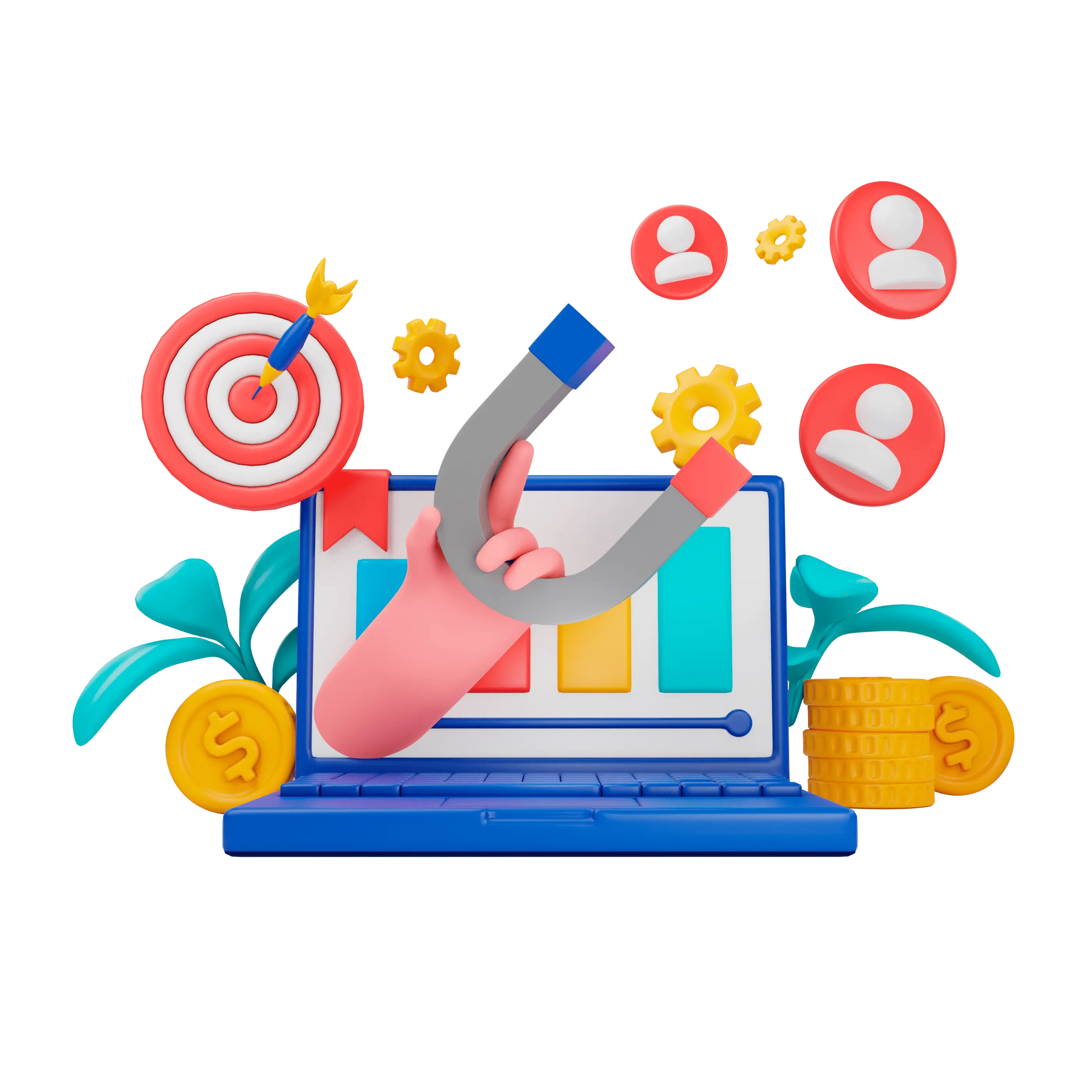Becoming a customer-centric company is crucial for achieving any sustainable competitive
advantage in the modern world. At Touchwood Technologies, effective management of customers
begins with knowing how to build and sustain strong lasting relationships with them.
Here are how our all-in-one CRM solutions can help organizations to:
Improve Customer Relationships: Build a 360-degree profile of each
of your customers, detailing their likes and what they have purchased in the past as well as
what they have interacted with. This type of knowledge is crucial in customizing what you
offer and communicate to different individuals, providing them with a feeling of been
appreciated.
Make Processes More Efficient: Reduce unnecessary processes like
manual inputting of data, booking and setting appointments, and making data communications,
allowing your team to allocate time on strategy. All the CRM systems standardize customer
information making it easy for different departments to work from one set of data hence
improving teamwork and overall productivity.
Increase Business Profitability: Wanting to get and grow customers
which will increase the sales cycle and provide maximum customer value through sales and
marketing. Based on the data we provide you with, it enables you to make judicious decisions
that align with your business goals and drive growth over time.
Build Lasting Loyalty: Resolve all customer complaints, provide
wonderful service and develop customers for a long time. Our CRM tools enable you to
consistently provide tailored experiences that will delight and turn your customers into
advocates.

 +91 9877752948
+91 9877752948
 +44 7942334242
+44 7942334242

